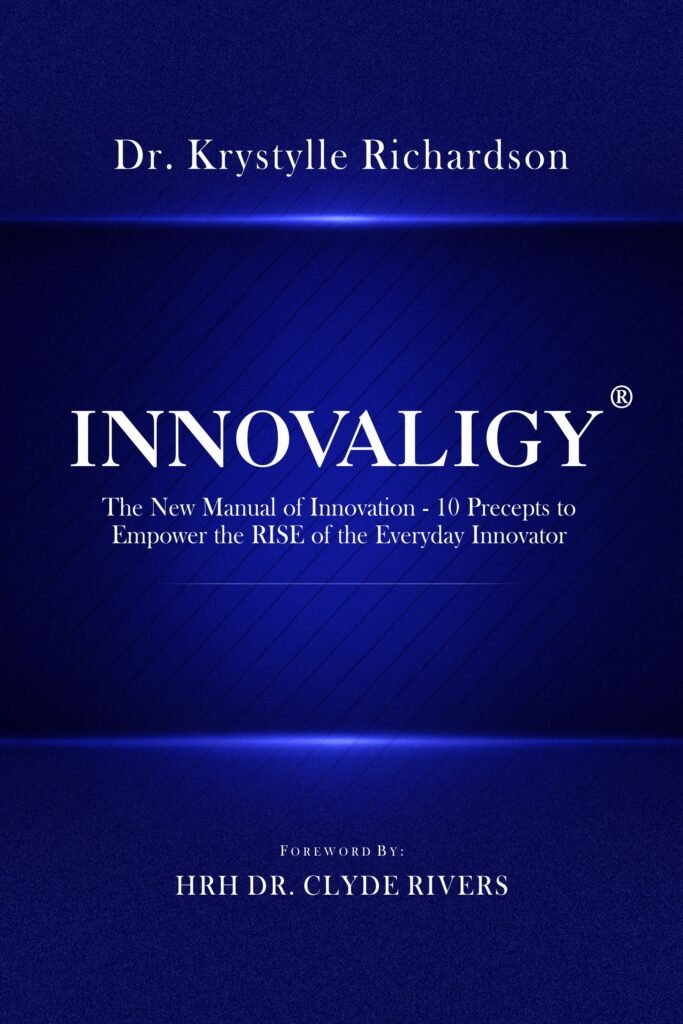AI Tool Could Revolutionize Dementia Diagnosis Through Routine Eye Tests, Say Scottish Researchers

Scottish researchers are developing a groundbreaking AI tool that could revolutionize the early detection of dementia by utilizing routine eye tests. This innovative technology is designed to analyze photographs taken of the retina, located at the back of the eye, to provide valuable insights into brain health. The project aims to make it possible to detect signs of neurodegenerative diseases like Alzheimer’s before any symptoms manifest, potentially transforming the way dementia is diagnosed and managed.
The NeurEYE research team, led by the University of Edinburgh, has already gathered nearly one million eye scans from opticians across Scotland, creating the largest database of its kind globally. This vast collection of data has been used to develop an AI algorithm capable of assessing the health of blood vessels in the eye. These blood vessels can offer early signs of neurodegenerative diseases because they are small and intricate, making them visible much earlier than conditions might be detected in other parts of the body.
The AI tool works by analyzing these retinal scans, which are typically taken during routine eye exams, to identify potential red flags for diseases like Alzheimer’s. This could allow clinicians to diagnose these conditions at an earlier stage, providing more time for patients and their families to prepare and access treatments. Early detection is particularly vital for dementia, as it does not have a known cure, but early diagnosis can allow for interventions that could slow the progression of the disease.
Baljean Dhillon, Professor of Clinical Ophthalmology at the University of Edinburgh and a co-lead of the NeurEYE project, emphasized the significant potential of this approach. He explained that the retina holds a wealth of information about a person’s overall health and, in particular, the brain’s health. He added, “We can see the retina with the simple, inexpensive equipment found in every high street in the UK and beyond. Something as simple as a photograph of the retina can now be harnessed to potentially predict brain changes later on in life.”
Dementia is a condition that affects a person’s cognitive abilities, such as memory, thinking, and speech. As the population ages, the number of people affected by dementia is on the rise, with one in 14 people over the age of 65 and one in six people over 80 living with the condition, according to Dementia UK. Alzheimer’s disease, the most common form of dementia, often leads to memory loss, confusion, and difficulty with communication.
For many individuals and families, early diagnosis can be a game-changer. Retired mechanical engineer David Steele, whose mother suffered from Alzheimer’s, reflected on how an earlier diagnosis might have alleviated years of pain and uncertainty. His mother, who had been visiting opticians for her deteriorating vision, was initially diagnosed with macular degeneration. However, this diagnosis concealed the true underlying issue: cerebral blindness linked to Alzheimer’s. Steele believes that if the disease had been identified earlier, it would have helped his family better manage the situation and make necessary preparations.
Steele shared that an early diagnosis would have had a profound impact, particularly on his father, who had to navigate his wife’s declining health without knowing the full extent of the illness. “It would have been hugely impactful all round, but the biggest impact would have been for my father,” he said. “It would also have allowed the family to prepare a pathway for mum becoming worse and worse.”
The technology being developed by the NeurEYE team offers the possibility to detect neurological conditions much sooner than current methods allow. Specialist optometrist Ian Cameron, who practices in Edinburgh, highlighted the eye’s unique ability to reveal signs of various health issues, including vascular conditions, heart problems, high blood pressure, and even links to neurological diseases. He noted that many conditions only become visible in the later stages, but with the help of AI and improved technology, these conditions can now be detected earlier. “The earlier we can find things, the better,” he emphasized, urging people to get regular eye exams as part of their overall health monitoring.
The researchers behind the NeurEYE project are aiming to have a prototype of the AI tool ready later this year, with a wider rollout to opticians expected by 2026. This development marks a significant step forward in AI-driven healthcare, with the potential to improve outcomes for individuals affected by dementia and other neurodegenerative conditions. The research team believes that by harnessing AI and leveraging existing eye care infrastructure, they can provide a powerful new tool for early diagnosis and intervention.
With AI playing an increasingly pivotal role in healthcare, the NeurEYE project represents a promising advance that could make a real difference in the lives of those at risk of dementia. The combination of routine eye exams and AI technology offers a practical and accessible solution for improving early diagnosis, and it could ultimately pave the way for better care and improved quality of life for patients and their families.









